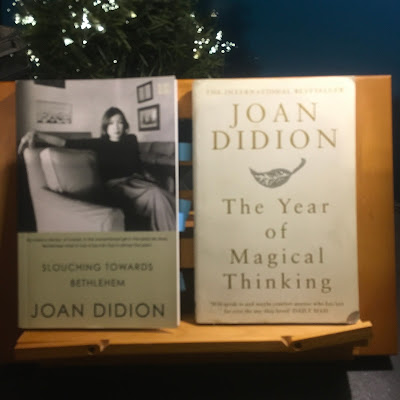The Inseparables: The newly discovered novel
Simone de Beauvoir - Author
Translated by Lauren Elkin
Introduction by Deborah Levy
Afterword by Sylvie le Bon de Beauvoir
Publisher Random House UK,Vintage
Publication 2 September 2021
ISBN: 978-1784877002
“ They called us the inseparables”
Lasting friendships that were formed in early childhood are a fascination for me. What is it that brings individuals together, keeps them together and makes them inseparable? And for me, as an avid Francophile, add to that the “mystery” of why a novel by French writer Simone de Beauvoir should come to light years after the celebrated author’s death then I’m hooked.
I had joined the member community at NetGalley, requested and was sent a pre-publication copy of The Inseparables. Long time aware of, but new to reading de Beauvoir, I was grateful for the introduction by Deborah Levy who rightly pointed out that her foreword contained spoilers. I decided to stay with that however as it helped provide context and has prompted me to read some of de Beauvoir’s other works. Then on to the novel itself, translated from the French by Lauren Elkin, only confirming the intention to read more. The text was accompanied by helpful footnotes explaining this or that term or historical background. And what about that mystery? The afterword, written by Sylvie Le Bon de Beauvoir, explains how the work was found among de Beauvoir’s papers and came to publication. The afterword includes photographs of the people aliased in the book and some facsimiles of the original handwritten draft.
So in this small volume we get the story, the literary legacy and social context of the work. That impressed me and I liked it very much.
The book recounts the story of two young women, Sylvie and Andrée, who meet in primary school at a very young age. We learn from the opening dedication For Zaza that the story was inspired by the relationship between the young Simone in whose name Sylvie speaks and Elisabeth ‘Zaza’ Lacoin represented by Andrée. The two become friends and rail against the prevailing orthodoxies of the time; they discuss God, religion, philosophy and then ultimately face a final reckoning.
I was captivated by the language in the book. Yes there were all those discussions but they were essential to a sense of movement in the text; a dramatic tension drawing us to an anticipated but nonetheless abrupt conclusion that still leaves a sense of inseparability.
Looking back over the text, there are several places where I have highlighted phrases and sections that stopped me short and made me think. I love it when a book does that. For example in describing one of the adults, Sylvie/Simone writes “His silky hair and Christian virtue feminised him and lowered him in my estimation.” That from a central figure in Feminism? And from the socially engaged woman describing their respective freedoms, Sylvie writes that she ‘had often envied Andrée her independence, but suddenly she seemed much less free than I was’. A sense of foreboding comes in a section where there is a description of a sculpted wooden clock, ‘which held...all the darkness of time’. Foreboding reprised when ‘Andrée placed the violin in its little coffin’ after practising her music during which,’she seemed to be listening prayerfully to the voice of the instrument on her shoulder’. There are many such examples, skilfully inserted throughout the text.
Definitely! I am delighted to have read the ebook sent by the publisher through NetGalley but this a novel I would also like to have on my bookshelves so I have ordered a physical copy and will certainly reread.










